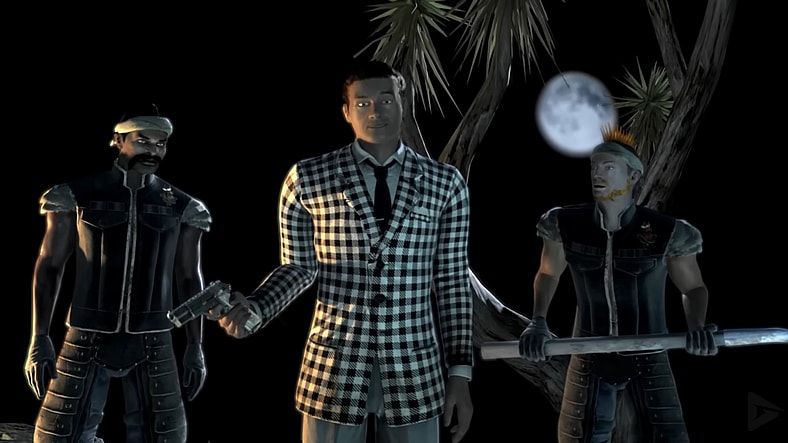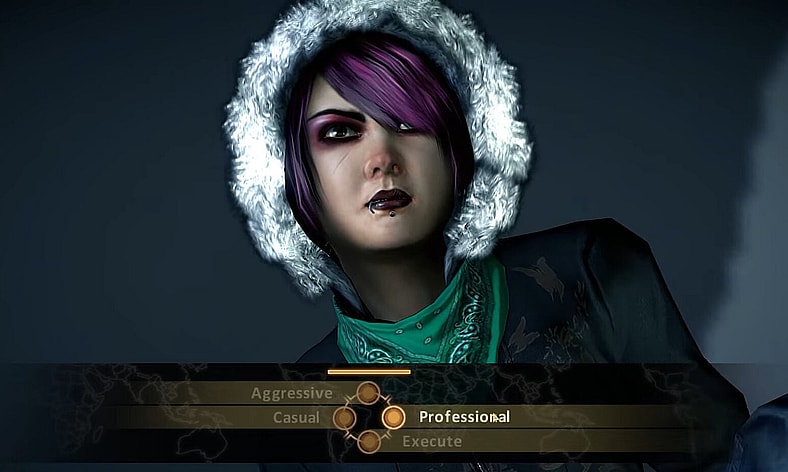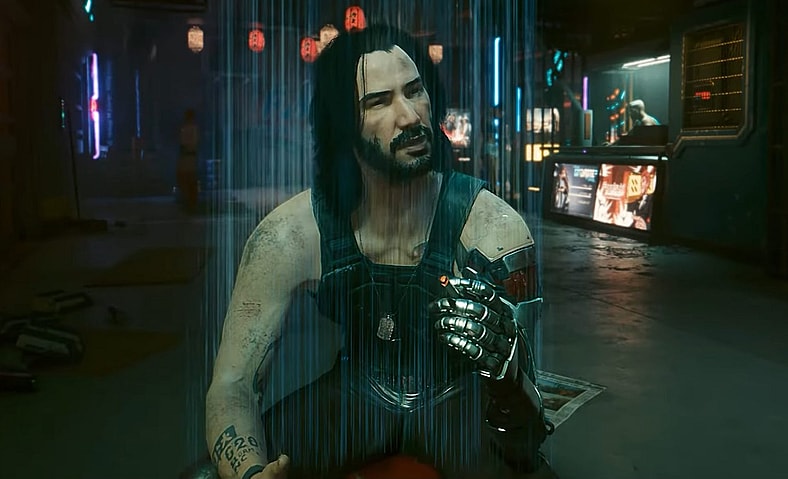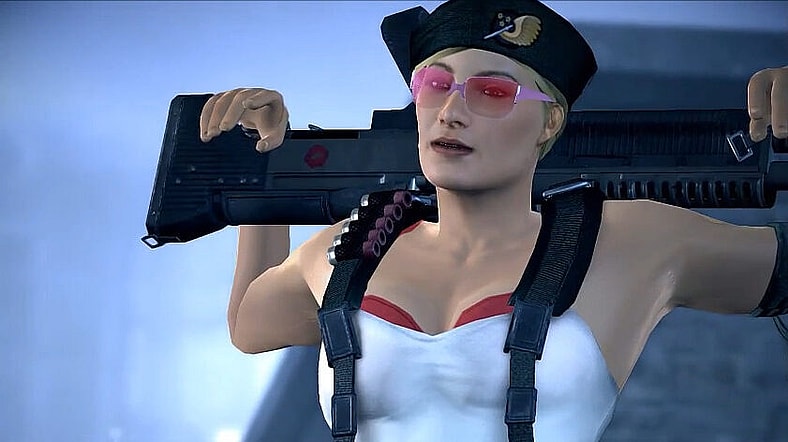‘Fallout: New Vegas’ Director Cautions Devs To Avoid Making Unnecessarily ‘Large’ Titles: “I Don’t Think Most Players Want Games That Are Six Times Bigger Than ‘Skyrim’ Or Eight Times Bigger Than ‘The Witcher 3′”

In offering his thoughts on the ongoing debate regarding the ever-growing size of modern video games, Fallout: New Vegas director Josh Sawyer has cautioned his fellow devs to “chill out” when it comes to the scope of their games, as most players are not interested in games that are ‘big just for the sake of being big’.

Sawyer, an industry veteran whose non-wasteland-related credits include stints as a designer on the original Icewind Dale duology, the lead designer of Neverwinter Nights 2, the director on both the Pillars of Eternity duology as well as 2022’s Pentiment, weighed in on the topic of video game size while answering fan questions via a January 12th video uploaded to his personal YouTube channel.
As part of this QA, one user raised the fact that “Often we’ll see stats that show many people buy games for only a smallest number to complete them” and pressed the dev on whether or not this affected “how you approach development.”
“Do you have granular enough data that shows when and where in the game the player stopped?” they further pressed. “From a financial perspective, I would assume that since you, the company, already has the money, there’s little impact there from a design perspective though, do does that affect your decisions? For example, [in regards to] shorter games, more accessibility features.”
[Time Stamp: 09:09]
Moving to give his response, Sawyer began, “So, ultimately, we want people to be happy that they bought the game and want them to be happy that they played the game.”
“Or satisfied,” he then paused. “Maybe happy is not the right word, but we want the player to play the game and whatever
amount that they play, we want them to come away and say ‘I’m glad I bought the game. I enjoyed it. Great. Awesome.’ So, you know, just having someone’s money is not good enough. That’s very shortsighted, because we have reputations to maintain we want people to think well of us.”
Reiterating how he and his fellow Obsidian Entertainment devs “want people to think about our games and our studio and have a positive experience,” Sawyer then turned to recall an incident in which he was “talking to a usability group, where we were talking about the size of our games and how we like to make them pretty big and pretty long even if a lot of the stuff is optional.”

“And one of the researchers said, ‘You know, well, we found that like two-thirds of people [at the time] don’t finish the games that they start,'” he told his viewers. “And they went on to sort of suggest, ‘Therefore you should make shorter games’. And I asked what I thought was just the obvious question – I said, “How did that correlate to the enjoyment of the
player?’ and they said “We never asked that.'”
“I’m like, ‘I think that’s really important,'” Sawyer added. “I mean, you know one of the most notable games I think where this is really important is a game like Skyrim. A game where a lot of people never finish the crit path [critical path, in other words, the game’s main path to ‘completion’]. They don’t get very far in the crit path at all they restart the game over, and over, and over, and they just wander and they never finish it. They never maybe even see more than a third of the map and its locations, but they love it. Great time.”
“If you were going by, ‘Well they didn’t finish the game, therefore they didn’t like it’, that’s just not true,” he further argued. “Some players really need to finish the game, but I would say most players, including myself, I’m not that concerned with finishing games. Maybe if I get very deep into them, I get like 80% of the way through them, then I really want to see it through, but if I get an enjoyable experience out of it. I don’t need to finish it. That’s not that’s not that important.”

Further expounding on this point, he noted, “I think that there is a perception of size, a perception of scope. It’s that feeling of, you know, when you come out in most Bethesda games, or The Witcher 3 is another really good example – actually I would say Cyberpunk 2077 too – you get a sense of the true scope of this world and kind of takes your breath away.”
“And you’re like, ‘Oh man, I can just imagine all the stuff that’s out there,'” said Sawyer. “And you start pushing and testing against the boundaries and it just feels like it kind of goes on forever. But it doesn’t need to go on forever, it just needs to kind of feel that it goes on forever, for as long as you want to play the game, and I think that’s an important
psychological aspect.”

However, despite his belief that a sense of a ‘large world’ was key to a good player experience, it was at this point that the Alpha Protocol designer conceded that this idea was not helped by the building of large, repetitive, and largely lifeless ‘content holes’.
“I think that outside of like, console warriors, I don’t think that anyone cares,” he affirmed. “We don’t need to go bigger. Just stop. I don’t think most players want games that are six times bigger than Skyrim or eight times bigger than The Witcher 3. Games got bigger and bigger, and it became more and more impressive, and then at a certain point, supporting that volume of stuff there’s a quality dip. Like, we’re not employing eight times the number of area designers and artists [to go along with such scopes] and so things start to feel less unique and bespoke.”
“And don’t get me wrong, we’ve all got to reuse assets,” added the dev. “I’m always thinking about how we can reuse stuff uh because we want to make big games.”
“But that being said, I don’t think we need to go bigger anymore,” Sawyer ultimately concluded. “We can kind of chill out, and you know, within a small margin we can make it a little bigger or a little smaller, as long as the player feels like when they come out in the world that they have a big vast space to explore, and that is a fun experience and it doesn’t feel repetitive and like a grind.”

